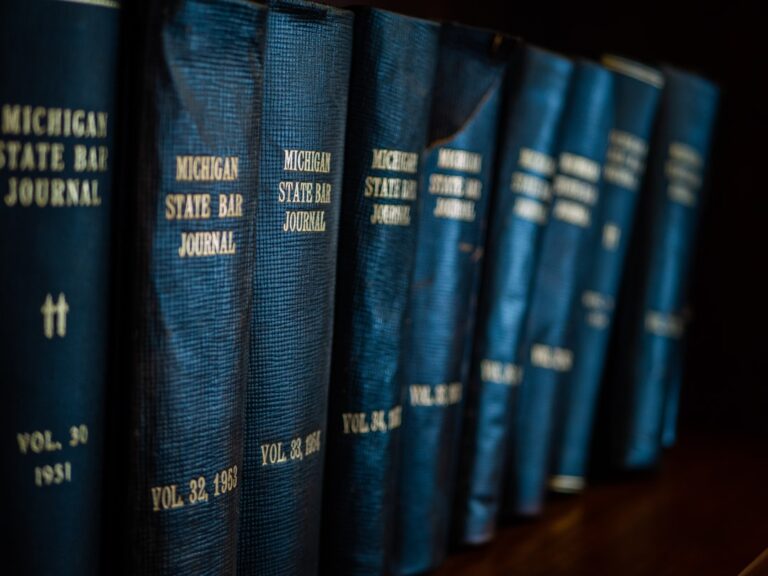Post-conviction DNA testing in Buffalo, NY, offers a second chance for justice, particularly for death row inmates or long-term prisoners. Specialized rape law firms facilitate this process by assisting with evidence collection and preservation, leading to forensic analysis that can prove innocence or affirm guilt. These firms play a crucial role in navigating complex legal procedures, scrutinizing DNA evidence, and advocating for their clients' rights, ultimately seeking retrials or reversals for those wrongfully accused.
Post-conviction DNA testing offers a glimmer of hope for justice in Buffalo, New York’s, rape cases. This powerful tool can exonerate the innocent and provide closure or new evidence to support convictions. However, navigating this process presents unique challenges. This article explores the intricacies of post-conviction DNA testing, highlighting its benefits and obstacles for victims and rape law firms in Buffalo. We delve into how legal professionals play a crucial role in utilizing DNA evidence to seek justice and protect the rights of those wrongfully accused.
Understanding Post-Conviction DNA Testing Process

Post-conviction DNA testing in Buffalo, NY, is a critical process that offers a second chance for justice in cases where new genetic evidence may exonerate the wrongfully convicted. This procedure allows individuals on death row or those serving lengthy prison terms to have their convictions re-examined using advanced molecular biological techniques. The process begins with submitting a request to the court, often assisted by rape law firms Buffalo NY, specializing in such legal matters. These experts collect and preserve evidence, ensuring its admissibility in court.
Forensic scientists then analyze DNA samples from various sources, including crime scenes, victims, and defendants. Comparisons between these profiles can either confirm or refute the original conviction. If new DNA evidence proves a person’s innocence, it can lead to a reversal of the rape case’s verdict, potentially resulting in freedom for those wrongfully incarcerated.
Benefits and Challenges in Buffalo Rape Cases

Post-conviction DNA testing offers a powerful tool for justice in Buffalo rape cases, with significant benefits for both victims and the legal system. It provides an opportunity to re-examine evidence, potentially exonerating the innocent and securing justice for those wrongfully convicted. For victims, it can bring closure and peace of mind, knowing that their attacker is held accountable. This method also strengthens the reliability of rape convictions, which is essential given the sensitivity of such cases.
However, challenges persist in implementing this testing in Buffalo’s legal system. The process is often costly and time-consuming, requiring specialized equipment and expertise. Additionally, strict protocols and chain-of-custody considerations must be strictly followed to ensure the admissibility of DNA evidence. Moreover, rape law firms in Buffalo NY face the delicate task of advocating for this testing while respecting the rights and privacy of victims, making it a complex legal strategy that requires careful navigation.
Role of Rape Law Firms in DNA Testing Appeals

In post-conviction DNA testing cases, especially those involving Buffalo rape allegations, the role of rape law firms is pivotal in navigating complex legal procedures. These specialized firms possess extensive knowledge and expertise in handling appeals related to DNA evidence, ensuring that the rights of the accused are protected. They employ legal strategies that scrutinize the collection, preservation, and analysis of DNA samples, aiming to uncover any procedural errors or scientific inconsistencies that could potentially exonerate their clients.
Buffalo rape law firms offer crucial support by staying abreast of evolving laws and advancements in DNA testing technologies. They advocate for a thorough review of evidence, challenging the reliability and admissibility of DNA results. Through meticulous research and legal arguments, these firms aim to secure a retrial or reversal of convictions, offering hope and justice for those wrongfully accused in Buffalo’s rape cases.





